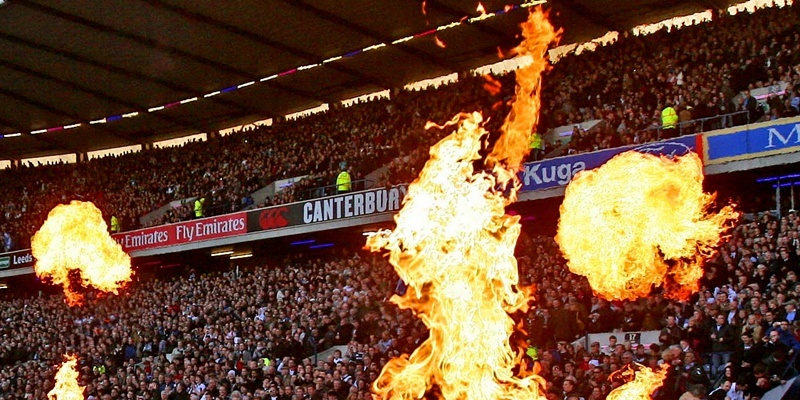Gavin Scott never got on the pitch for Scotland in his outstanding career although he twice flew over 10,000 miles to sit on the international bench but the former Harris and Dundee HSFP hooker is now central to Scotland’s planning for the remainder of the RBS 6 Nations.
Scott, who played professionally for Glasgow and Scotland A, swapped the rugby ball for the laptop when he retired from the game in 2001 and now is one of European rugby’s premier performance analysts, working with Scotland and the British and Irish Lions, and it is his job to unpick performances like Scotland’s defeat to Wales two weeks ago and identify what went wrong; that game being one of his easier assignments.
“In the end we made 20 errors, and it was the biggest difference between us and the Welsh. We gave up the ball at least twice as much in their half compared to what they did for the whole game,” said the 36-year-old, who still plays club rugby. “It was spread throughout the team there was only two or three players who didn’t turn the ball over at some stage. I think it was the unforced handling errors that came as a surprise to everyone as there were so many in the same game.”
Scott’s analysis involves watching the entire game four or five times, along with senior coaches, and breaking down the plays in a far more detailed way than the “official” stats that are shown on TV and distributed to the media and fans after the game.
“We go into more depths and specifics than the stats that are produced after the game. They have one shot at getting it right and what they produce is really good, but you have to bear in mind that it’s not a rigorous analysis,” said Scott, who has degrees in psychology and personnel management.
“We’ll go over the game five or six times and until you go into that level of it you can’t see everything, although there are obvious things like the errors against Wales.”Looking at it generally, it was the sixth time in the last eight games that we’ve conceded a try in the opening 10 minutes, which is disappointing and frustrating.Confidence”The first 20 minutes are crucial especially at home as you need for that advantage to take effect, for the crowd to get into the game and behind you and the confidence that flows from that.”
The state of analysis in rugby means that there are few secrets in the international game, and Gavin even shares film of Scotland with other nations’ analysts in return for their own team’s pictures.
“The TV pictures are sort of the glamour shots and don’t show the whole game, so we have other angles which we trade with other teams, especially in the Six Nations,” he continued. “There’s no real secrets and personally I think it would be wrong. Your team generally has a style of play and it should be good enough to beat the opposition, and I’ve worked for teams who tried to keep things under wraps and in my opinion it hasn’t worked.”
Ireland have been studied closely and while Scott noted they too made many errors in their match against France there was a key difference.
“They made a lot of mistakes but were in the game until the very end and they held the ball for long periods of time, keeping the pressure on France,” he pointed out. “They’re a very good team with a very good forward pack and some great backs, and I have sympathy with them for the game in Rome.
“We’ve been in that position many times with Scotland there. It was tough to read anything into that game and, sure enough, they were a lot better last week.”
